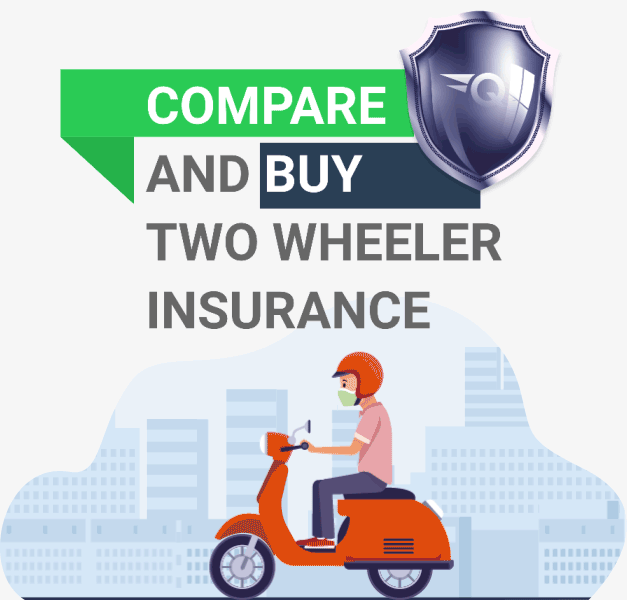
Continue with
Registration Number
Continue without
Registration Number
I Have
Brand new Bike
As electric bikes and scooters are becoming a demanding choice for every rider, it is essential to know the RTO (Road Transport Office) rules and regulations for the same. The rules and regulations of electric bikes and scooters are quite different from that of conventional vehicles. Unlike conventional vehicles, e-vehicles do not require any testing process based on CMVR (Central Motor Vehicles Rules). Any electric vehicle having less than 250 Watt power and a maximum speed of 250 KPH are exempted from any kind of rules and regulations and therefore no documents needed to be carried on. In contrary to such e-vehicles others do have some obligations wherein the rider person must have the following documents:
This document is a must for every electric rider across the country. Since Central Motor Vehicles Rules don’t impose on less powerful e-vehicles it’s not mandatory for those riders who are using less powerful e-vehicles to carry this document with them. Electric vehicles having less power i.e. 250 Watt and a maximum speed of 250 KPH are exempted from any registration, two wheeler insurance, taxes etc.
To ride any kind of motor vehicle except manual bicycles, one needs to have a driving license and EVs are no different. It is illegal to drive any electric bike or scooter on the road without having a valid driving license. A driving license is a must, you must have one to compensate with the insurance company in case someone meets with an accident or any kind of other damages on the road.
It’s crucial to have an apt knowledge of insurance and licenses before one decides to buy any electric bike or scooter. A comprehensive bike insurance policy is a better option as compared to any third-party insurance and costs double or triple the amount of a third party. A third-party insurance cost may range from 1 thousand to 3 thousand while comprehensive insurance will cost between 4.5 thousand to 6 thousand. Since teenagers are very prone to reckless driving, insurance papers become crucial for them.
In order to avail subsidy in road tax, it’s mandatory to carry EV registration papers. This policy is applicable only up to a period of 3 to 4 years from the date of the announcement. The amount of subsidy is decided by the government of different states depending on the size of Lithium-ion battery packs used in e-vehicles. The Ministry of Road Transport and Highways (MoRTH) has proposed that electric vehicles are not required to pay any money for the issue or renewal of registration in India.
|
|
|
|
|
|
|
|
|
|
|
|
|
|
|
|
|
|
|
|
|
|
|
|
|
|
|
|
|
|
|
|
|
|
|
|
|
|
|
|
|
|
|
|
|
|
|
|
|
|
|
|
|
|
|
|
|
|
|
|
|
|
|
|
|
|
|
|
|
|
|
|
|
|
|
|
|
|
|
|
No e-vehicle running at the power of less than 250W and a maximum speed of 25 KPH shall be required to show any kind of registration, insurance etc. kind of documents to any authority.
Ans: Yes, it’s a must for teenagers to carry a driving license with them as they are prone to reckless driving. In case of a less powerful e-vehicle, the driving license can be avoided.
Ans: Yes, there are no such fees required for the registration of e-vehicles as per the “Ministry of Road Transport and Highways”.
Ans: No, vehicles having less power than 250 Watt and maximum speed of 250KMPH doesn’t need to undergo any testing process for approval